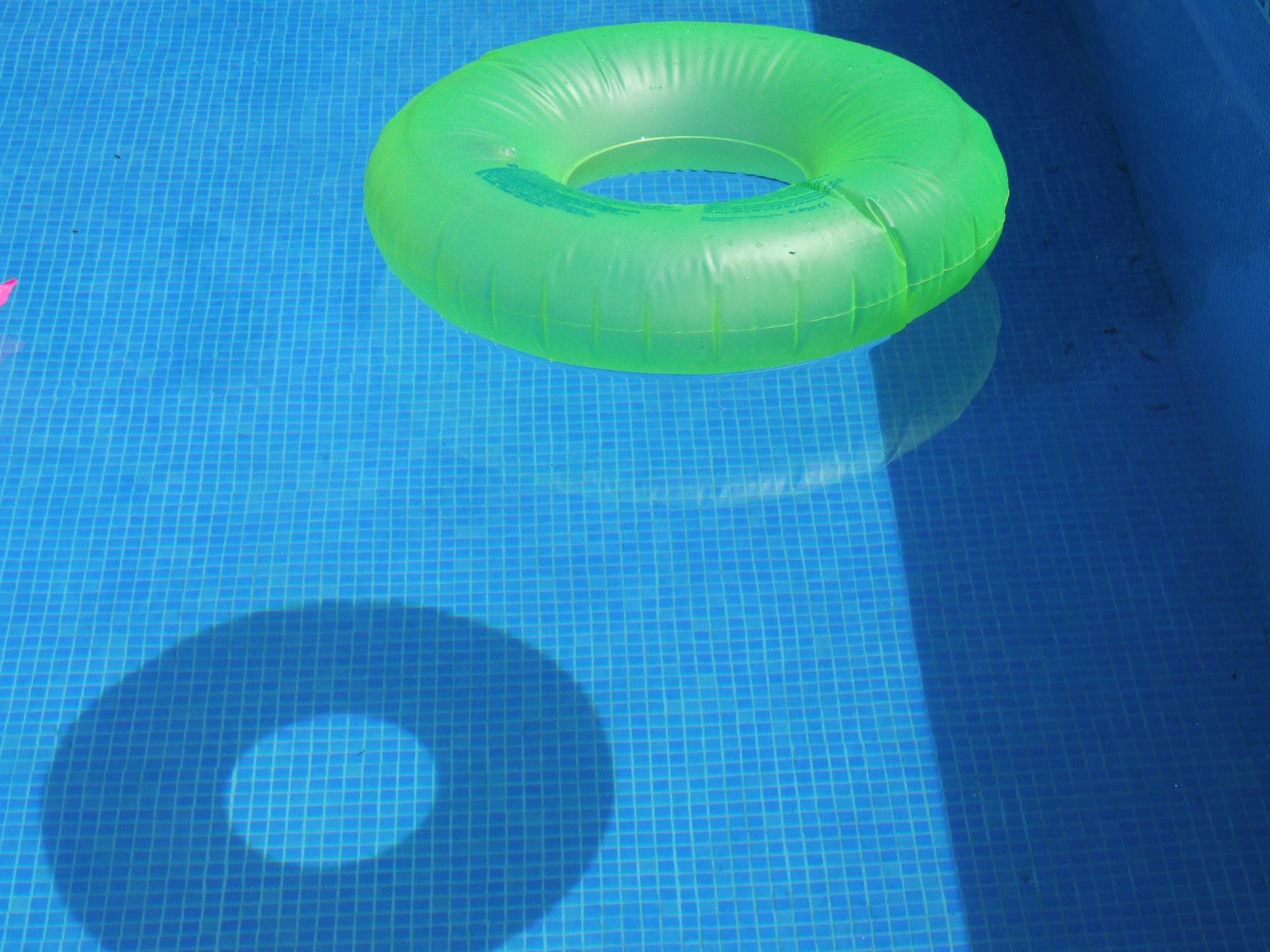How To Lower Alkalinity in Your Pool
Have you found yourself struggling with perfecting the right alkalinity levels in your pool? Don’t worry! Before you begin to feel defeated, let’s walk through some of the basics of pool chemistry so that you get to enjoy the calm, clear water you’ve been working so hard for.
What’s the ideal alkalinity level for a pool?
When it comes to the chemical balance in your pool, the ideal alkalinity levels should sit somewhere between 80 to 120 PPM. In sustaining this window of alkalinity, you’re preventing unexpected fluctuations and disturbances in your PH and chlorine levels. Without a stabilized environment, your water can become unsafe due to poor conditions.
What causes high total alkalinity?
Believe it or not, there are a few separate factors that can affect your water’s alkalinity and overall water chemistry. The more you know about these influences, the easier it is to manage and correct.
Cyanuric acid
Chlorine, one of the primary products used in pools, is stabilized with an acid known as cyanuric acid. When chlorine is introduced, levels of cyanuric acid can become too high, creating a spike in alkalinity.
If you recently added pool shock
It’s no shock that pool shock can easily affect the chemical levels in your water. When shocking your swimming pool, make sure you give it time to naturally stabilize as the days go by. Be sure to test your pool before returning to regular use.
Low chlorine or sanitation levels in your pool
While shocking your pool can result in high alkalinity, not having enough chlorine can also result in unbalanced alkalinity levels. Be sure whatever your sanitizer of choice is, that all the levels are balanced and maintained.
The best methods of lowering your pool’s alkalinity
In the event that alkalinity has consistently fluctuated, refusing to stay at the recommended levels, consider using these products to lower your swimming pool’s overall alkalinity.
Use muriatic acid
Muriatic acid, more commonly known as hydrochloric acid, is incredibly effective in lowering alkalinity levels within your pool. While effective, this product is also rather potent and should be dosed at the appropriate amount. If you’re not familiar with your pool’s requirements, be sure to consult a professional first.
Add sodium bisulfate
If you’re looking for something a bit more mild, you may want to consider sodium bisulfate. Also known as dry acid, sodium bisulfate is a chemical that is easier to handle and slightly less caustic as its muriatic counterpart.
What happens if your alkalinity is high for too long?
In the event that you’re new to owning and caring for a pool, there are a few things that you should be aware of when it comes to water quality and high alkalinity levels in your pool. More than just an imbalance, there’s a few physical and visual side effects that high alkalinity levels may cause.
High pH levels
As mentioned before, alkalinity can have an impact on pH levels. But why are pH levels important? Not only do pH levels affect the comfortability of the water to the swimmer, it can also impact the pool equipment. High pH levels can result in corrosion if not treated in a timely manner.
Irritation to eyes, ears, and throats of swimmers
To those swimming in the water, the biggest impact that high alkalinity will have is discomfort. Eyes can easily be irritated, and any accidental inhalation of water can irritate the throat.
Cloudy water and scaling of your pool’s walls
Lastly, high alkalinity can result in hard to remove scaling and even impact the clarity of the water in your pool. To avoid cloudy pool water and calcium buildup, try to balance the total alkalinity as much as possible.
Pool maintenance is made easy with GPS Pools in Tampa!
Here at GPS Pools, our specialized team is dedicated to making sure that both you and your pool are taken care of. Our experts are specialized in comprehensive pool care and can either guide you on your way to success, or even come out to take care of your pool needs for you. Your oasis awaits you! Contact us for a consultation or to book your appointment.

